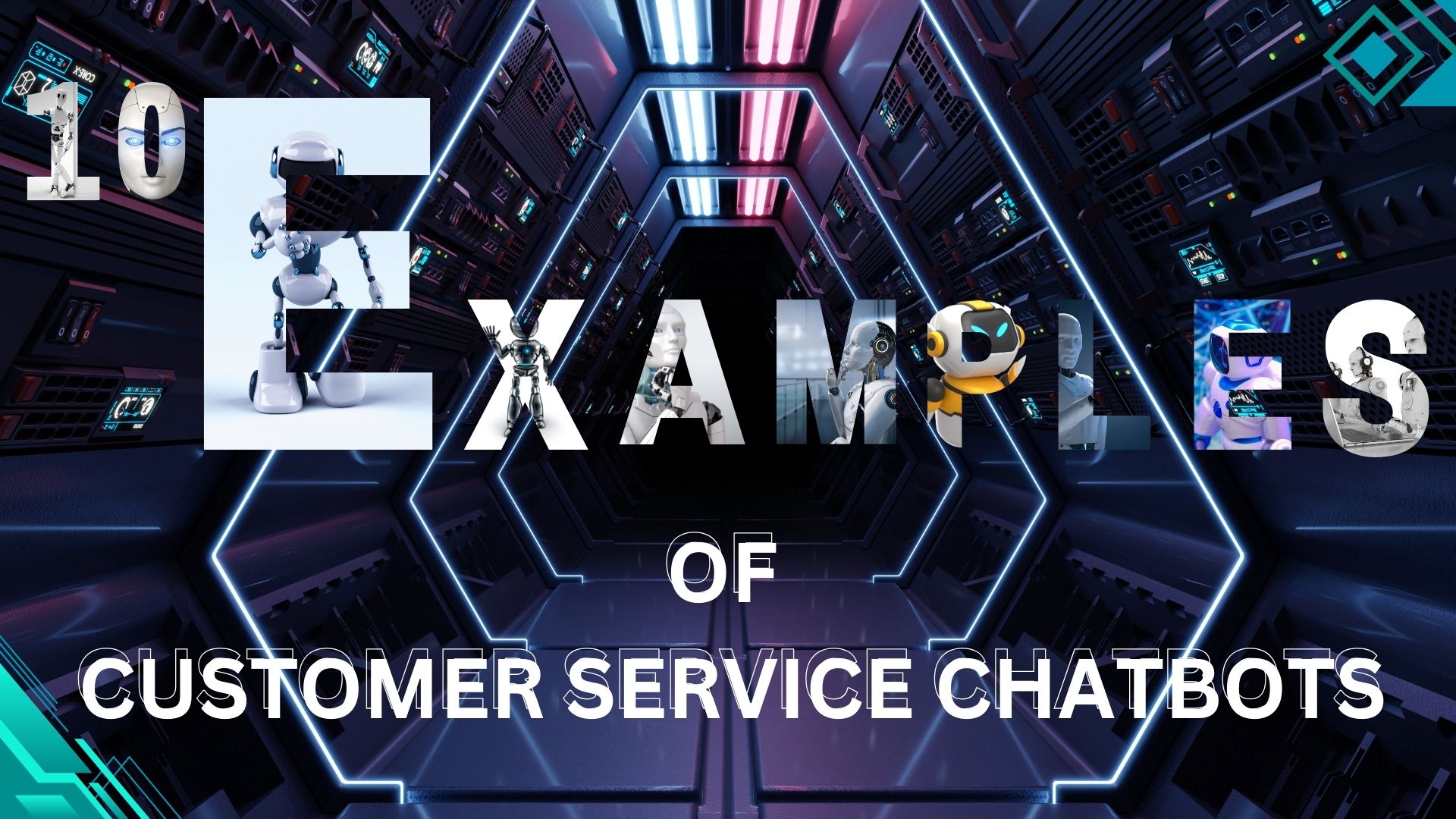Ever feel like small businesses are at a disadvantage when competing with big brands? Well, that’s changing fast, thanks to technology—particularly, customer service chatbot. These little digital helpers are making waves in the business world, especially for small businesses looking to punch above their weight.
Customer service chatbots are allowing small businesses to offer top-notch customer support without the hefty costs of large support teams. They’re efficient, scalable, and accessible 24/7, helping small businesses provide an experience that rivals even the biggest players.
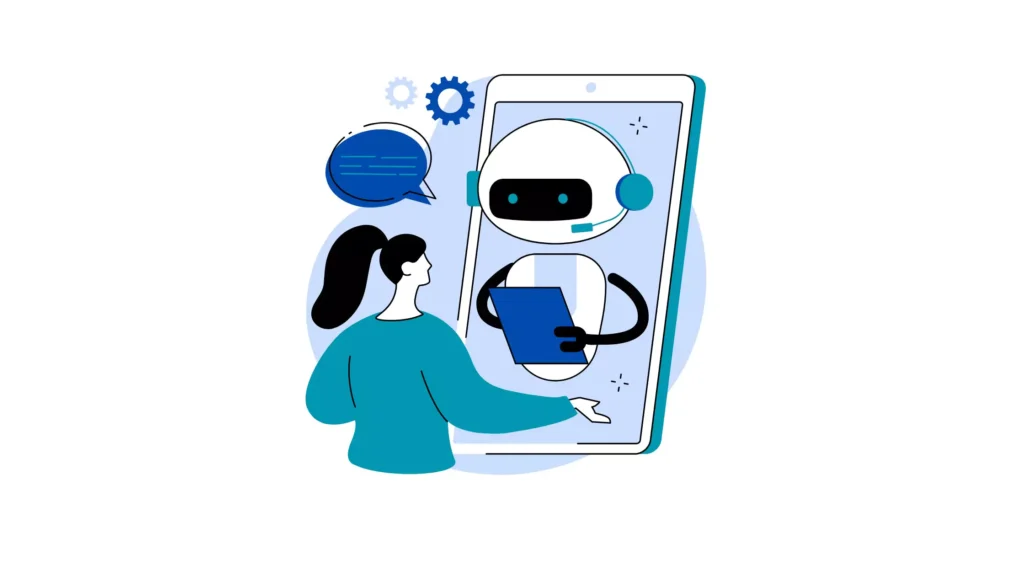
What Is a Customer Service Chatbot?
A customer service chatbot is an AI-powered tool designed to interact with customers, answer questions, resolve issues, and provide support—just like a human would, but often faster and more efficiently. Unlike other chatbot types, such as survey chatbots or sales chatbots, customer service chatbots focus on handling inquiries, solving problems, and enhancing customer satisfaction.
These chatbots are programmed to recognise a wide range of queries and provide instant responses, making them indispensable for businesses that want to keep their customers happy and engaged without having to spend all day answering the same questions.
Key Benefits of Customer Service Chatbots for Small Businesses
So why are small businesses hopping on the chatbot bandwagon? The benefits are hard to ignore:
- 24/7 Availability: Customer service chatbots never sleep. They’re always ready to help customers, no matter the time of day, which is a massive advantage for small businesses that might not have round-the-clock human staff.
- High Volume, Low Effort: These bots can handle hundreds of inquiries simultaneously, something human teams would struggle with. And they do it without losing quality or getting tired.
- Reduced Wait Times: No one likes waiting. With a chatbot, customers get instant responses, making their experience smoother and more enjoyable.
- Cost-Effective: Chatbots are far cheaper than maintaining a full customer support team. For small businesses, this can mean significant savings while still offering excellent service.
- Personalisation: Customer service chatbots can be trained to provide personalised responses, enhancing the customer experience. They can remember past interactions, preferences, and more, allowing small businesses to deliver a tailored touch that big brands excel at.
And with various chatbot types available—like customer support chatbots and survey chatbots—small businesses can cover all their bases without needing an army of employees.
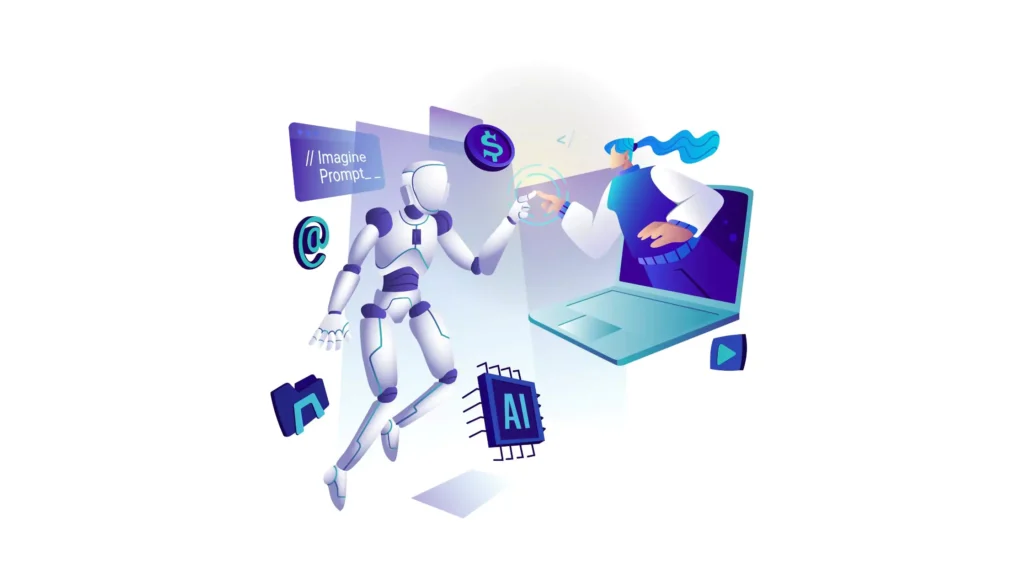
10 Real-World Examples of Customer Service Chatbots
Let’s dive into some real-life examples of how small businesses are using customer service chatbots to compete with the big boys:
1. Convert Chat: This customer service chatbot helps small businesses manage customer inquiries across different platforms. It assists in responding to FAQs, solving issues, and even guiding users through their shopping journey, ensuring a smooth experience.
2. Tidio: Tidio is a customer support chatbot that helps small businesses handle customer questions across websites and social media platforms. It automates replies to common questions, freeing up time for small business owners to focus on growth.
3. Freshdesk: Freshdesk offers AI-powered customer service to small businesses. Their chatbot can handle routine questions, direct complex queries to human agents, and streamline communication across different channels.
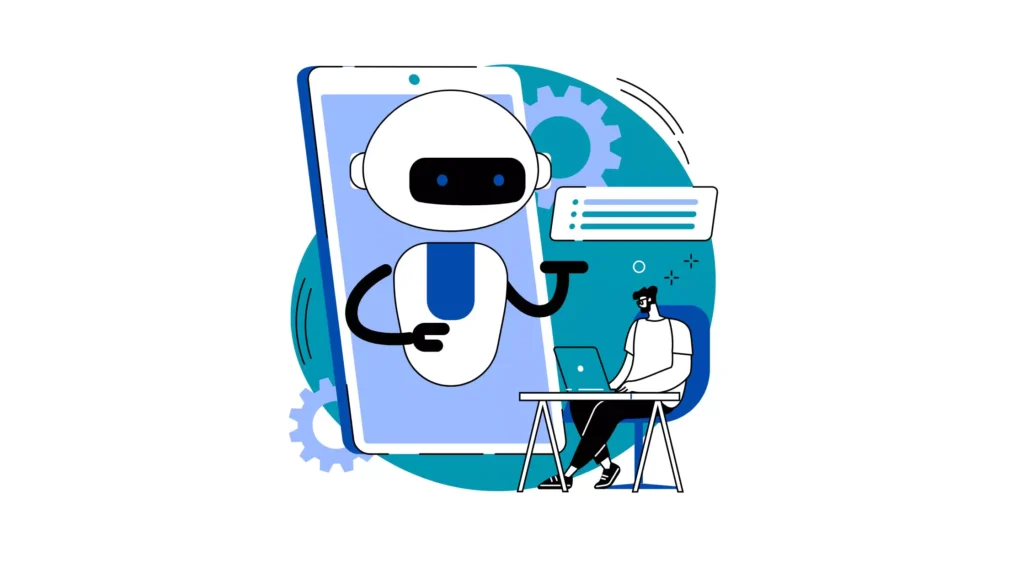
4. Chatfuel for Messenger: Many small businesses use Chatfuel for engaging with their audience on Facebook Messenger. It helps with customer inquiries, gathers important user data, and provides an easy way to interact with customers on social media.
5. Drift: Drift specialises in both lead generation and customer support. This chatbot engages visitors in real-time, helping them with their questions, and then hands off more complex conversations to human agents if needed.
6. Zendesk Chat: Zendesk is known for its robust customer service solutions, and its chatbot is no exception. It allows small businesses to manage interactions via live chat, email, and social media, offering seamless support.
7. Intercom: Intercom provides personalised customer support based on user data and behaviour. This chatbot makes it easier for small businesses to engage with customers and offer real-time support that feels personalised and attentive.
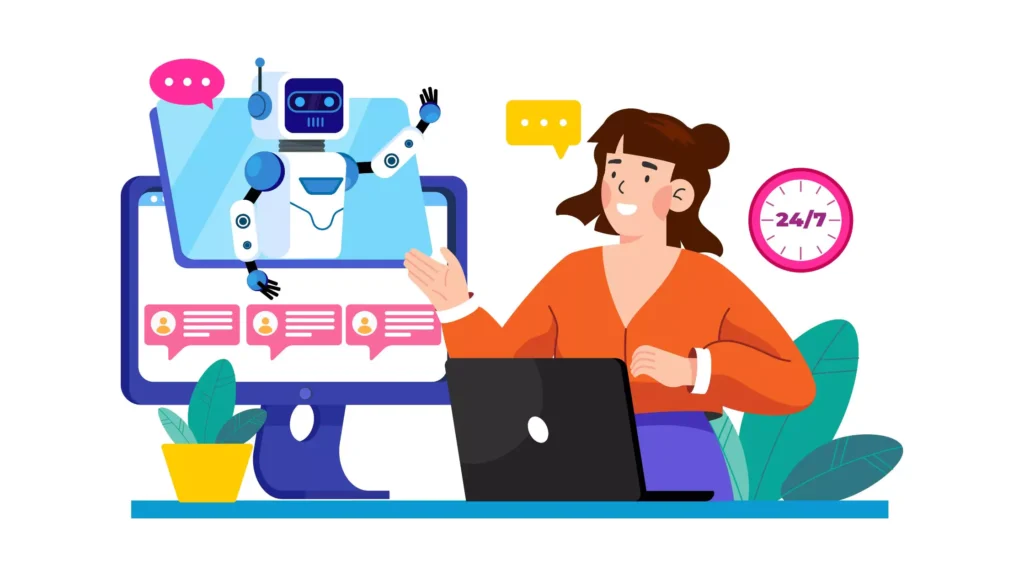
8. Surveybot: Surveybot is a survey chatbot that helps small businesses collect valuable customer feedback. It automates surveys to understand what customers like and dislike, helping businesses improve their service.
9. Kuki AI: Kuki AI helps small businesses handle inquiries in real-time, reducing wait times and ensuring customer queries are dealt with promptly. It’s an excellent tool for businesses with limited resources but high customer demands.
10. Gorgias: Gorgias specialises in e-commerce customer support. It automates repetitive tasks like returns, order status inquiries, and FAQs, making it a popular choice for small businesses that need to manage multiple requests efficiently.
How Small Businesses Can Compete with Big Brands Using Customer Service Chatbots
So, how do these customer service chatbots help small businesses level up?
First, they allow small businesses to offer a personalised customer experience—something that’s typically associated with larger, resource-rich companies. Chatbots can tailor their interactions to individual customers, creating a more engaging and supportive experience.
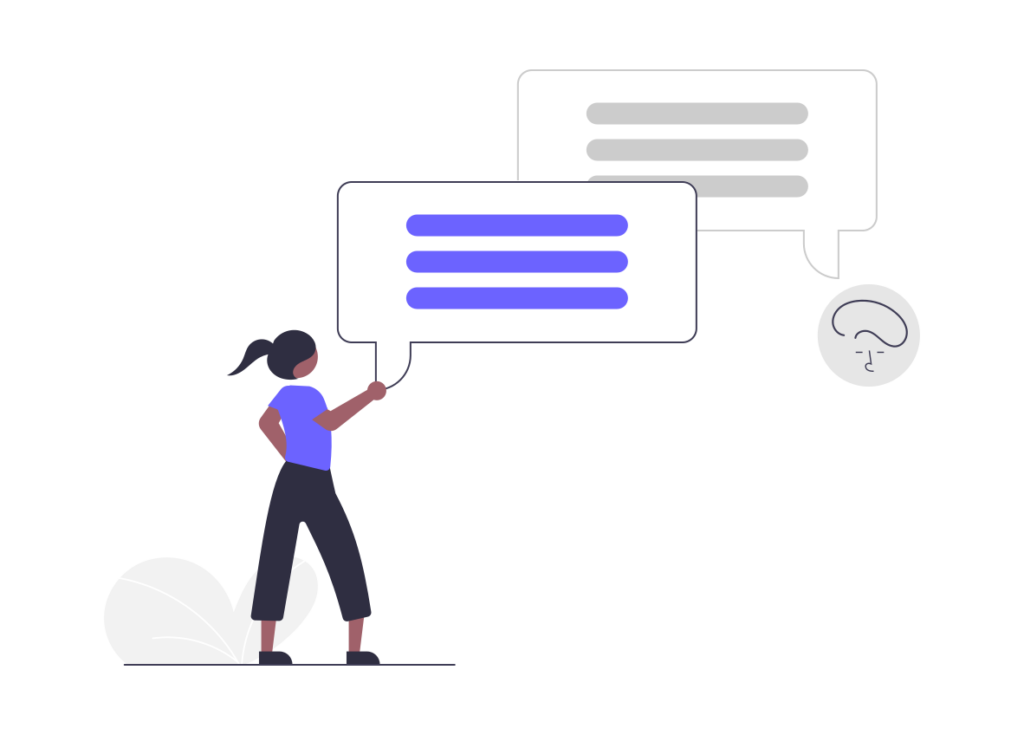
Second, customer service chatbots are incredibly cost-effective. They help businesses save money by automating repetitive tasks, which means that small businesses can deliver excellent service without needing a huge customer support team.
Lastly, chatbots can help with both lead generation and customer retention, two essential components for business growth. By offering quick, efficient, and personalised support, businesses can build stronger relationships with their customers and keep them coming back.
How Survey Chatbots Enhance Customer Service
Survey chatbots are a fantastic tool for gathering customer feedback. They’re automated, which means they can send out surveys without human intervention, and they can collect responses in real-time.
For small businesses, survey chatbots are invaluable. They allow businesses to understand customer satisfaction, identify problem areas, and refine their service based on the feedback they receive. This continuous loop of feedback and improvement is key to staying competitive.
Examples of small businesses using survey chatbots include gathering post-purchase feedback, sending out customer satisfaction surveys after support interactions, and even conducting market research to better understand their audience.
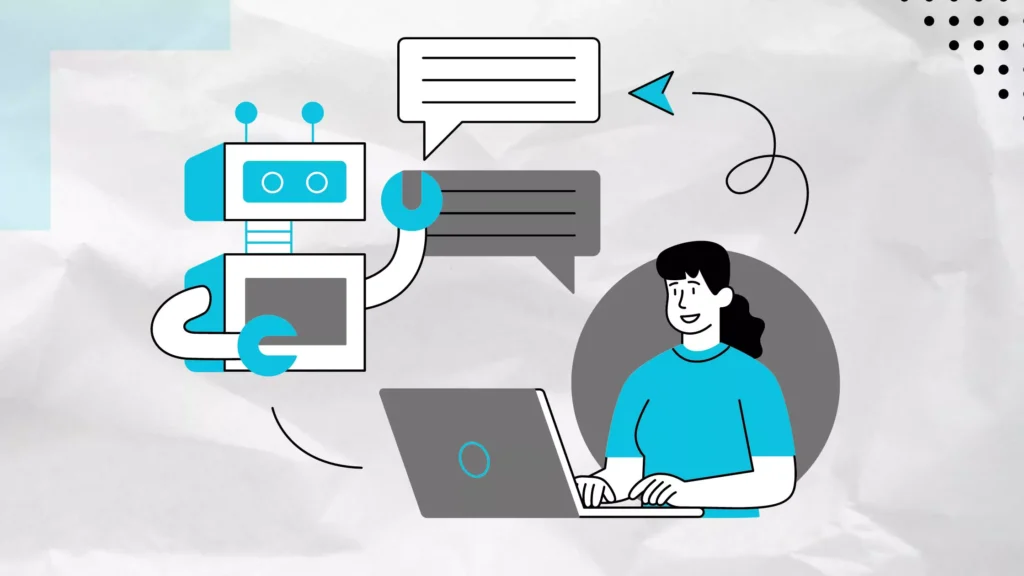
Best Practices for Implementing a Customer Service Chatbot
If you’re thinking of implementing a customer service chatbot, there are a few best practices to keep in mind:
- Define Objectives: Know what you want your chatbot to accomplish. Is it handling customer inquiries, generating leads, collecting feedback, or all three?
- Choose the Right Type: Not all chatbots are created equal. Pick the one that best suits your business needs—whether that’s a customer support chatbot, survey chatbot, or another type.
- Regular Updates: AI chatbots need training to stay accurate and helpful. Keep your bot updated with the latest information and customer feedback to ensure it provides the best service.
- User Experience: Ensure the chatbot is easy to use. The smoother the experience, the more likely customers will have positive interactions.
- Balance Automation and Human Interaction: While chatbots are great, there will be times when human intervention is necessary. Make sure your bot knows when to pass the conversation to a live agent.
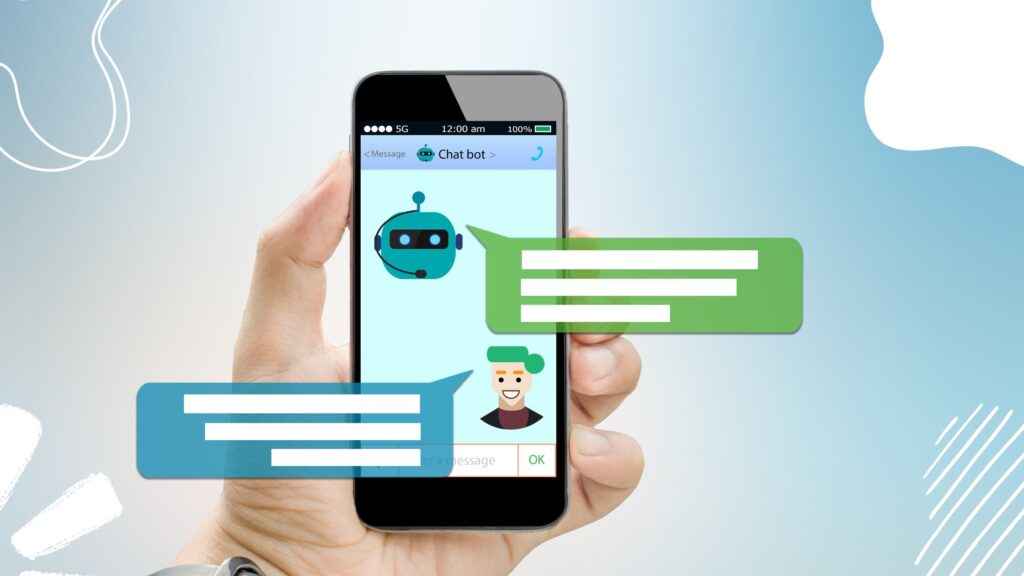
Conclusion
In today’s fast-paced business environment, customer service chatbots have become a game-changer for small businesses. They allow businesses to offer high-quality customer service at a fraction of the cost of traditional teams. Whether it’s through customer support chatbots, survey chatbots, or other chatbot types, small businesses can compete with big brands by providing personalised, efficient, and round-the-clock service.
So, if you haven’t yet, it might be time to explore how a customer service chatbot can help your business grow, improve customer satisfaction, and stay ahead in the competitive market.
